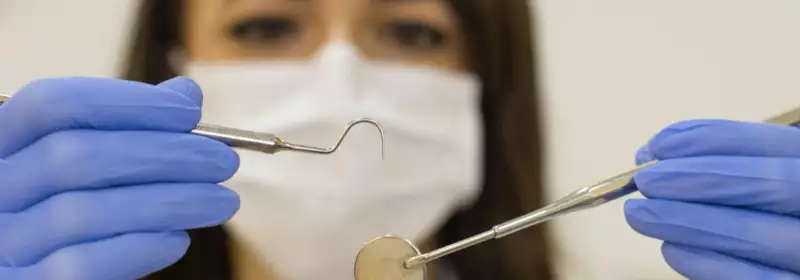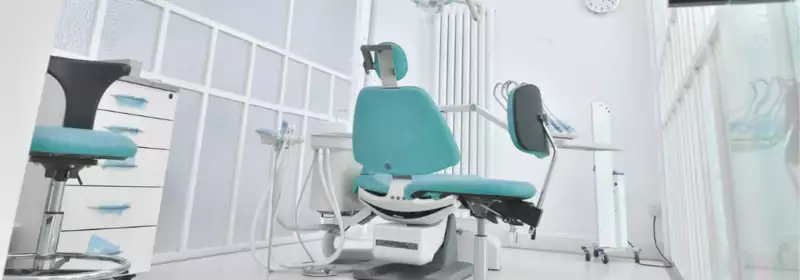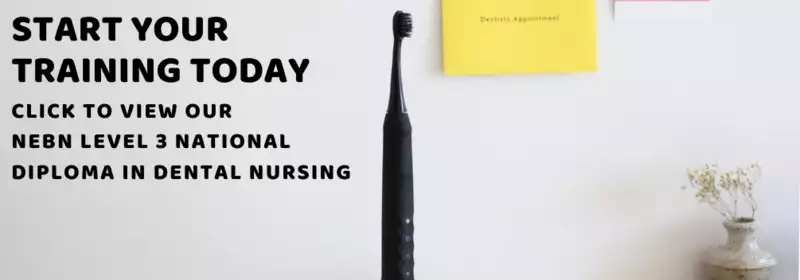If you’re considering a career as a dental nurse and you don’t have the qualifications, then you’ll need to embark on a programme of study.
To register as a dental nurse, The General Dental Council requires all dental nurses to have gained a recognised qualification. This can be something like an Access to Higher Education Diploma or a NEBDN National Diploma in Dental Nursing.
Providing it meets the GDC’s standards then it’s really a case of taking the dental nursing course that is the best fit. You need to make sure you can balance your existing commitments with your studies.
An alternative route to study dental nursing is gaining the qualification by working as a trainee dental nurse within a dental practice.
Training on the job is a popular choice for some aspiring dental nurses but it doesn’t suit everyone’s circumstances or budget.
In either scenario, you must study a dental nursing qualification with an approved educator and register with the General Dental Council (GDC).
Of course, the route you take will determine how long it takes you to gain your dental nurse qualification.

How long will it take to Qualify?
How long it takes you to qualify as a dental nurse, of course, depends on the route you take and what your existing commitments are.
Working part-time as a trainee dental nurse will take you longer to qualify than if you worked full-time. If you are full-time it can take between 18 and 24 months to complete the dental nursing course.
While this may seem like a long time, this approach allows you to make a living while you study dental nursing. Plus, you’ll get a pay rise at the end of the process along with your dental nurse diploma.
If you opt for gaining your dental nurse qualification through dedicated study then the duration of your studies will vary.
Learning through a bricks and mortar college or university means you will be restricted by their timetable. That means waiting until the start of term rather than when you’re ready. So the dental nursing course duration is one year plus however many months you need to wait for the course to commence.
The advantage of studying dental nursing this way is there is a clear beginning and end of your studies. And, assuming you’ve done well enough, you get a qualification at the end.
The third option is studying for your dental nurse qualification online. This approach gives you complete autonomy and flexibility to study in a way that suits you.
You can start the same day you enrol (no waiting until September) and learn as quickly as you want. So, while the course has a 2-year time limit, most students can complete this dental nurse course in 9 months or less.
This gives you the best return on time and investment as it will allow you to get into your new dental nurse role relatively quickly.
A word of warning – whichever route you take, GDC registration requires passing an exam and completing two years of surgery experience.

What Is a Typical Career Path for a Dental Nurse?
Getting your dental nurse qualification is only the first step of your journey. Becoming a qualified dental nurse opens up a range of different career opportunities.
Dental Receptionist
After you qualify you may feel you’re better suited to dental reception work. There are specific courses available for those looking to become a dental receptionist. This training will help you understand how to deal with enquiries, train you in the correct telephone manner and how to deal with complaints.
Practice Managers
After working as a dental nurse for a few years, some people choose to become a practice manager. Practice managers oversee the dental practice. It’s a demanding role, requiring exemplary organisational and planning skills. In addition to managing staff and the day-to-day functioning of the practice, they also have to make sure government legislation is followed correctly.

What Further Training Is Available for Dental Nurses?
One of the great things about a career in dental nursing is that there are lots of opportunities for further learning to develop your skills. Once you are qualified as a dental nurse you can gain qualifications in specific fields, making you even more valuable to your practice. Not least because you’ll be able to take on more responsibilities.
Some of the available dental nurse specialisation courses include:
Certificate in Dental Radiography
The NEBDN Certificate in Dental Radiography is available to those who are registered and qualified Dental Nurses. The Certificate in Dental Radiography allows you to take radiographs of patients under the instruction of the Dentist.
Certificate in Oral Health Education
The NEBDN Certificate in Oral Health Education allows you to offer oral health advice and education to patients under the instruction of a dentist.
Certificate in Orthodontic Nursing
The NEBDN Certificate in Orthodontic Nursing is available to those who regularly assist in orthodontic procedures and who are qualified and registered as a dental nurse. If you work in an orthodontic practice you will greatly benefit from this qualification.
Certificate in Dental Sedation Nursing
The NEBDN Certificate in Dental Sedation Nursing is available to those who assist in surgery during conscious sedation and who are qualified and registered dental nurses.
To complete this course, you need to gain experience in sedations and the course requires you to complete a record of experience and log sheets. If it’s not something your practice does a lot of then you’ll need to negotiate a release programme so you can observe in another practice or local hospital.
This is an important qualification for anyone wanting to move into a hospital setting.
Certificate in Special Care Nursing
The NEBDN Certificate in Special Care Dental Nursing is aimed at those who regularly assist in the treatment of patients whose health or social care needs require special oral health care provision.
Certificate in Dental Hygiene / Dental Therapy
A Certificate in dental hygiene or dental therapy can be a valuable addition to a dental nurse’s CV. Becoming a hygienist or therapist will allow you to perform hygiene treatments yourself, under the prescription of a dentist. This will make you more valuable to your practice as you can take on responsibilities of other members of your team, freeing up their time for other tasks.
learndirect is one of the UK’s leading distance learning providers. Enrolling on our courses provides you with instant access to your learning material so you can start studying right away. You will also have access to a dedicated tutor who will help you through the process. Check out our blog for useful tips on how to get the most out of your study experience.
Click below to enrol on our NEBDN-certified and GDC approved, National Diploma in Dental Nursing. Places are limited so don’t delay.



















